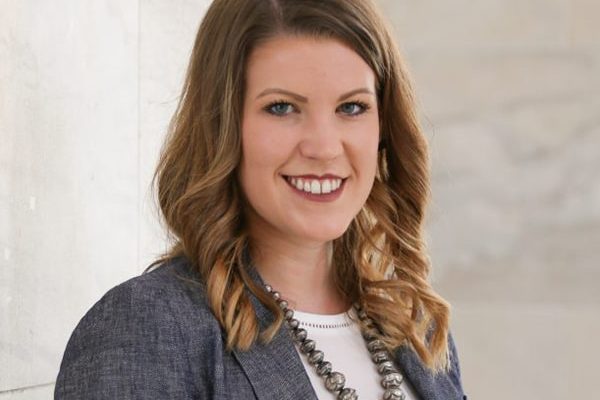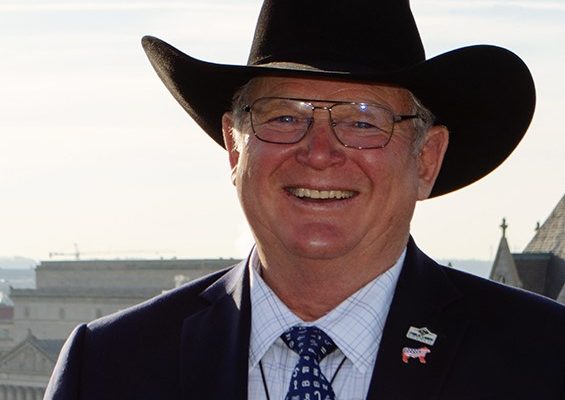Originally published: Western Livestock Journal
03/05/2021
by Mark Roeber
As the climate change conversation around the country ramps up, it seems like you can’t pick up a newspaper or go on the Internet without seeing it front and center. Historically, agriculture has been a target in this conversation. Instead of having a seat at the table and sharing the positive story farmers and ranchers have to tell, the industry has seen backlash from those who oppose animal agriculture and are skeptical of the impact it has on our planet.
This conversation isn’t going away. Sustainability and conservation will ultimately be knit into the fabric of legislation. We, as farmers and ranchers, have an opportunity to change the narrative around the industry. In fact, sustainability and conservation isn’t new to us. We’ve been doing it for years. Common practices such as grazing are sometimes misconstrued as part of the problem. However, grazing is not the problem; in fact, it just might be the solution.
It goes back to simple concepts that most of us learned about in grade school—healthier soil makes healthier plants. When cattle graze, they turn over soil, promoting good nitrogen storage, deeper roots, and healthier plants. Healthier soil also sequesters more carbon.
If you want to talk about ways to improve the climate, have healthier environments, and build stronger futures, grazing is a tool that has to be included in the conversation. Cattle and sheep are important and nimble tools to make specific changes in ecosystems, whether you want to improve soil health or decrease the risk of catastrophic wildfire.
Both ranchers who graze exclusively on private lands and the ranchers who are stewards of Western federal lands know that without grazing, soil, plants, wildlife, water, and entire landscapes would suffer.
As ranchers and responsible stewards of these resources, we know that our cattle and sheep are part of the solution, not the problem. Whether it’s someone in the grocery aisle next to us or a new member of Congress in Washington, the Public Lands Council (PLC) is ready to share the good news that public lands ranchers have to tell.
Mark Roeber serves as Vice President of the Public Lands Council. He is the fourth generation on his family’s ranch in Paonio, Colorado, which was homesteaded in 1889 by his great-grandfather.




